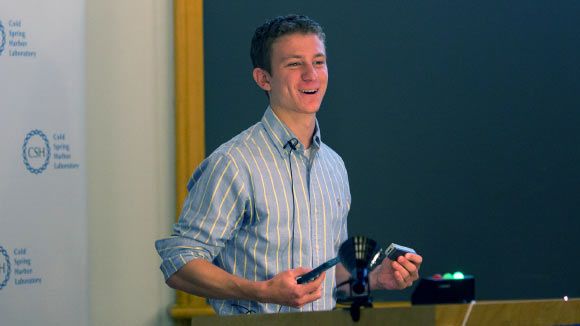For the first time in history manmade materials now likely outweigh all life on Earth, scientists said Wednesday in research detailing the “crossover point” at which humanity’s footprint is heavier than that of the natural world.
The weight of roads, buildings and other constructed or manufactured materials is doubling roughly every 20 years, and authors of the research said it currently weighed 1.1 teratonnes (1.1 trillion tonnes).
As mankind has ramped up its insatiable consumption of natural resources, the weight of living biomass—trees, plants and animals—has halved since the agricultural revolution to stand at just 1 teratonne currently, the study found.








